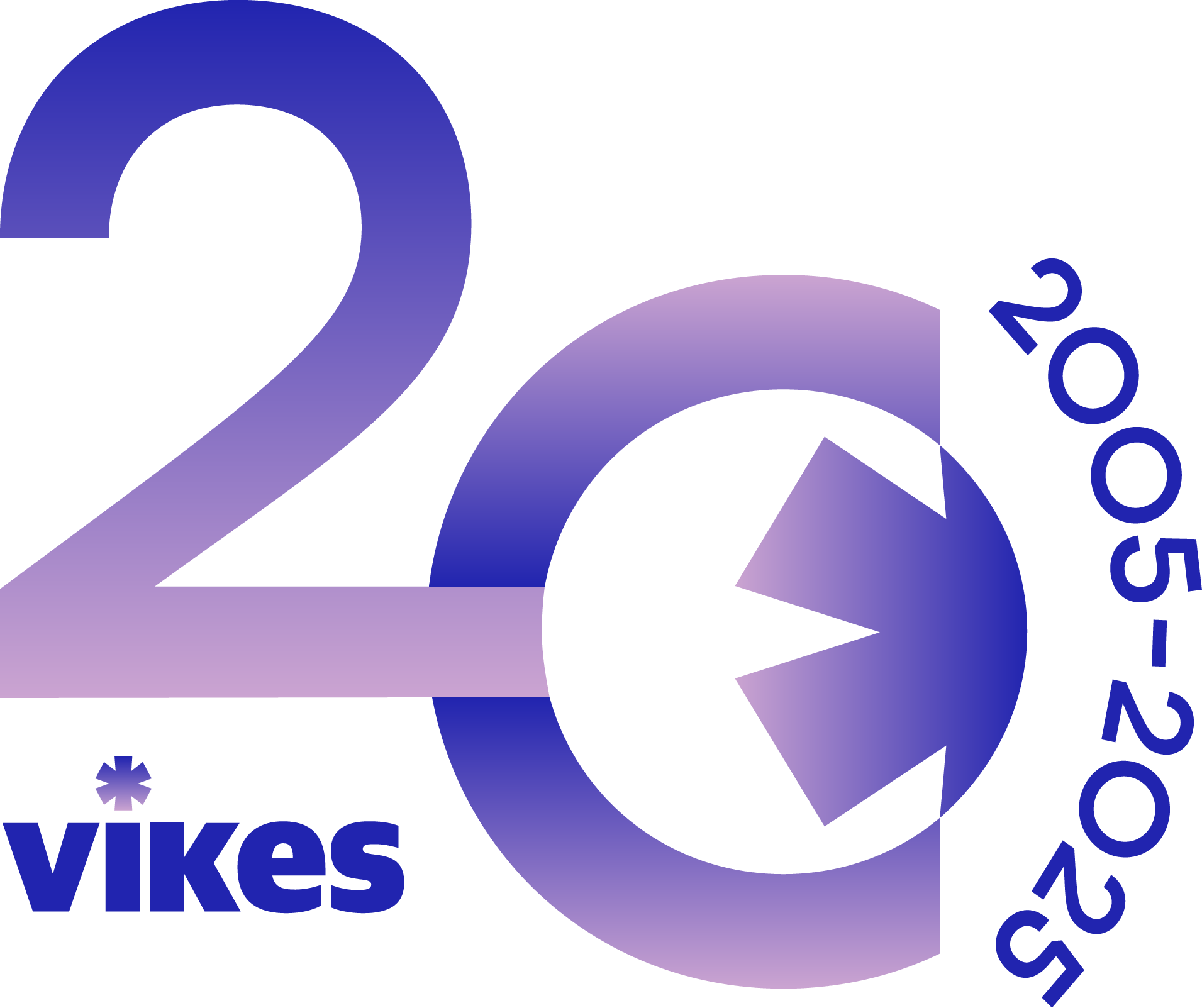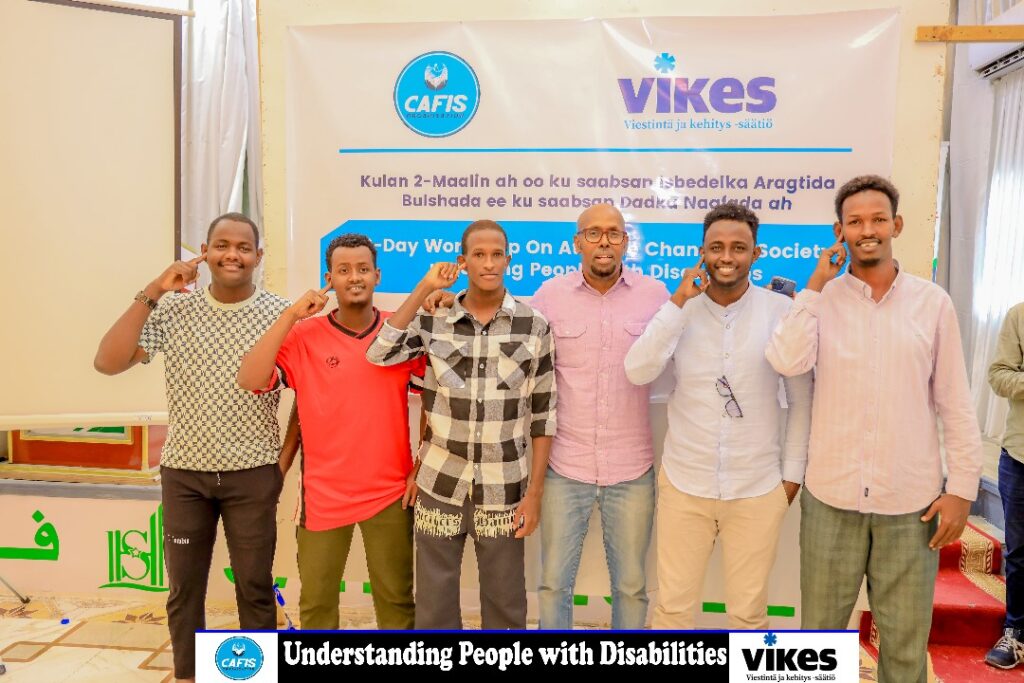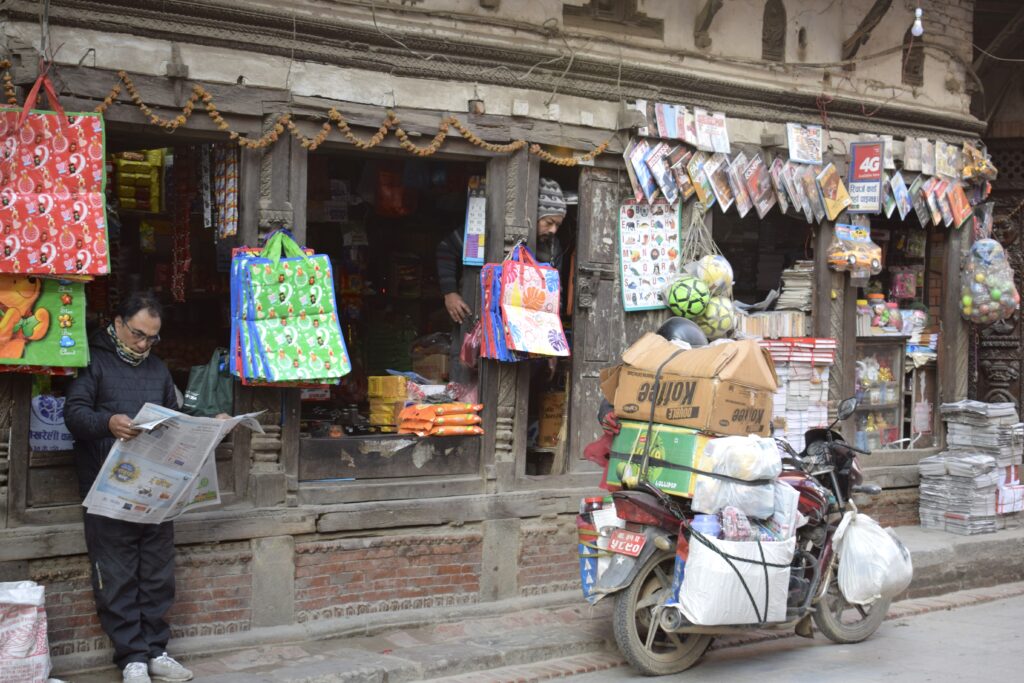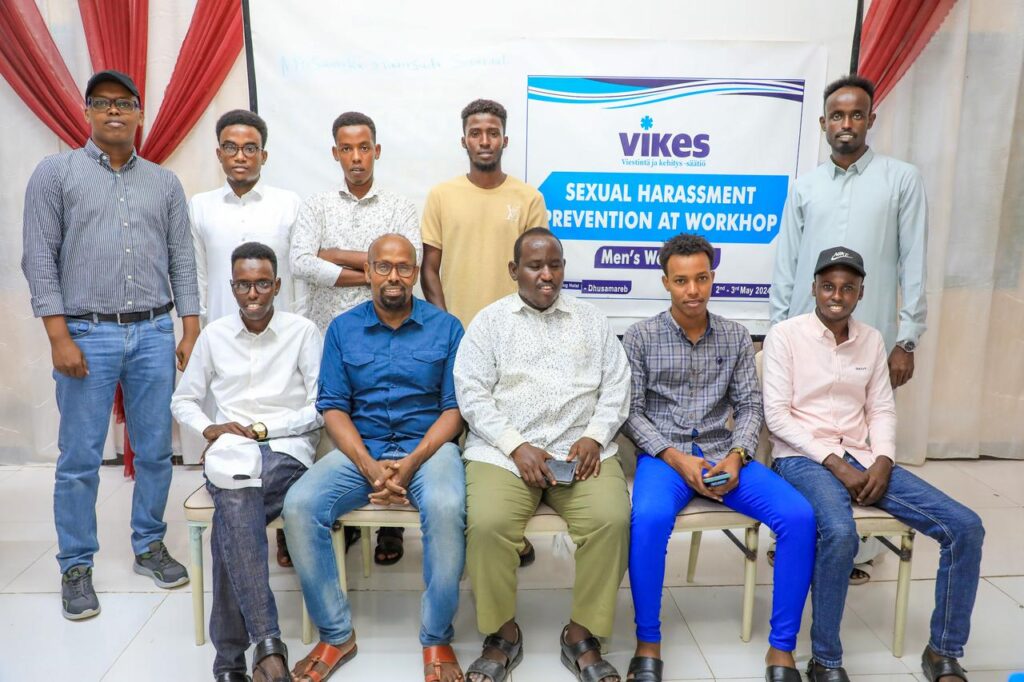Journalists in Central America are being harassed at an accelerating rate. Vikes’ partners managed to continue training, workshops and journalism in the midst of the crisis, albeit partly from exile.
Nicaragua has been in a serious political crisis for years. Photo: Will Ullmo / Shutterstock Vikes’ project to support journalism in Central America continued in 2022 against a headwind. In Nicaragua and El Salvador, the long-standing decline in press freedom deepened.
Most of the journalists in Nicaragua’s free media have already fled the country, typically to Costa Rica, and stories are often written anonymously for security reasons. Vikes’ media partner Ondal Local and the independent journalists’ organisation PCIN have also be managed from Costa Rica starting from autumn 2021.
According to the 2021 survey, 79% of Nicaraguans say there is little or no freedom of expression in the country, and 76% say there is also little or no freedom of the press.
Events and training
The Vikes project focused on providing opportunities for partners to continue their work, i.e. providing information to citizens in Central America. Despite the serious crisis, almost all activities were completed.
El Salvador’s El Faro organised the annual journalism event Forocap in an exceptional decentralised way in three countries: in El Salvador, Guatemala and Honduras. In addition to the pandemic, the reason for the decentralisation was the deteriorating security situation, as El Faro’s editor-in-chief Daniel Lizárraga was also expelled from the country and El Faro did not consider it worthwhile to organise an international mass event in San Salvador.
The event attracted thousands of participants, some of whom followed the event online. Forocap had 24 events, including workshops on climate, mining and women’s rights
In Nicaragua, the environmental NGO Centro Humboldt’s information department organised six workshops for a network of young communicators. Topics included journalistic writing, mobile video production, using and managing the web, note-taking, radio work and climate change. In addition, 20 local journalists were trained and have since produced environmental stories.
Journalism on equality, environment and democracy
The project has also supported investigative journalism.
The productions were almost completed as planned, with only two planned co-productions with other media in Nicaragua cancelled for security reasons. In total, Vikes supported three stories on women’s rights and minorities, seven on the environment, three on democracy, two on the economy, one on migration and one on education in Nicaragua, El Salvador, Guatemala and Honduras.
In Nicaragua, Centro Humboldt published five episodes of its Espacio Verde environmental programme.
In El Salvador, El Faro followed the deterioration of democracy in the country, with its most popular story dealing with the government’s secret deals with the country’s violent gangs. The magazine also produced the award-winning documentary Imperdonables, about a society that has lost its moral backbone and where violence reigns supreme.
Better structures, bigger audiences
The project also aims to strengthen partners’ capacity, effectiveness and their own fundraising.
All partners grew their audiences well. Centro Humboldt now has 35 000 Facebook followers and Onda Local 45 000. Onda Local also managed to revamp its website so that it can continue to report from both inside and outside the country.
El Faro has 259 000 monthly readers and managed to increase its donor base from 655 to 1 071, an increase of more than 60%, which was higher than expected.
PCIN, a newly established organisation of independent journalists in Nicaragua, consolidated its organisation and hired an administrator and an executive director with the support of Vikes. The organisation is now run from exile and has done much to document violations of press freedom in the country and to support some 200 Nicaraguan journalists both inside the country and in exile.
However, the revenues of El Faro and Onda Local decreased compared to the previous year. Advertising revenues and other funding have not remained unchanged during the pandemic and the political crisis.
Unfortunately, the political crises in Nicaragua and El Salvador are not getting easier. By 2022, hundreds of organisations in Nicaragua will have already been denied licences, including Vikes’ partner Centro Humboldt.
The expectation is that 2022 will be more difficult for journalists than before, and harassment will intensify.



